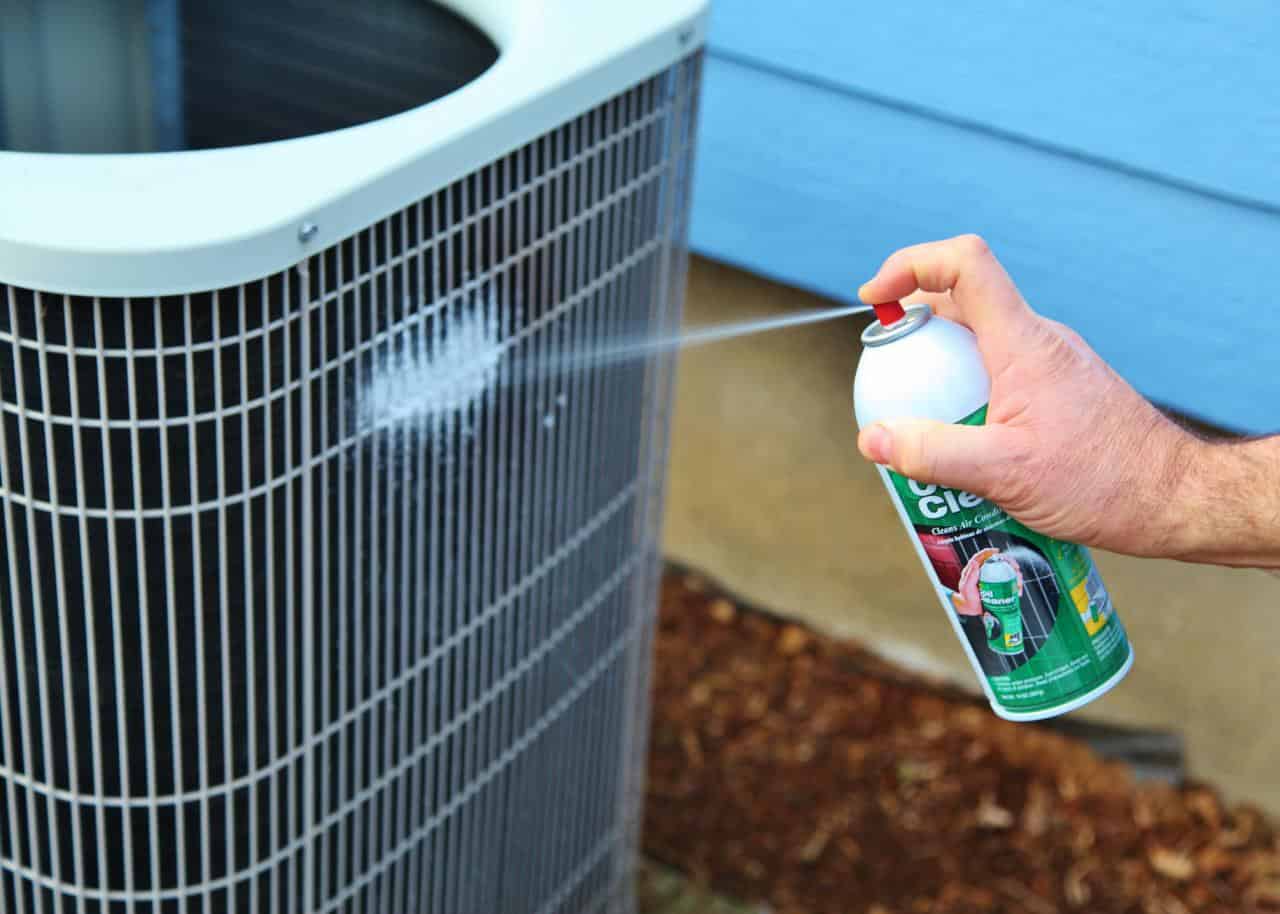Indoor air quality is a critical yet often ignored aspect of our daily lives. Many people are unaware that the air inside our homes and workplaces can be worse than the air outside. This is where heating, ventilation, and air conditioning systems, commonly referred to as heating, ventilation, and air conditioning, come into play. These systems not only control temperature but also are essential in maintaining the air we inhale. Understanding how HVAC works can help you create a better living environment for you and your family.
As we spend a substantial portion of our life indoors, the quality of indoor air has a direct impact on our health, comfort, and overall well-being. From reducing irritants and pollutants to maintaining proper humidity levels, a efficient HVAC system is necessary. This article will guide you through the various components of HVAC, explore common issues you might encounter, and provide expert tips on maximizing your system's efficiency and enhancing indoor air quality. Whether you are a property owner looking to enhance your system or a corporate leader seeking to improve workplace conditions, understanding HVAC is critical to creating a comfortable and wholesome environment.
Understanding Heating, Ventilation, and Air Conditioning Systems
Heating, Ventilation, and Air Conditioning is warming, airflow, plus air conditioning, which are crucial components for maintaining a cozy interior environment. These systems are designed to control temperature, moisture, plus air conditions inside home plus commercial spaces. By means of integrating the 3 roles, they have a crucial function in ensuring the house or office remains pleasant all year round no matter the outside temperature.
The heating systems commonly utilize heaters and heat pumps for warm up spaces in colder seasons. Conversely, cooling systems help cool the air during the summer, offering relief from heat plus dampness. Airflow is just as important as it brings in fresh outdoor air and expels stale indoor air, cutting down on contaminants plus enhancing overall indoor air quality. Having a well-functioning heating and cooling system means experiencing optimal satisfaction plus healthier indoor atmosphere.
To completely grasp how HVAC systems operate, it's important to acquaint oneself to their components, including thermostats, ductwork, air filters, and more. Frequent maintenance and knowledge of common problems may help ensure your heating and cooling system functions effectively plus reliably. Getting to know the distinct characteristics of your HVAC system will also assist in taking knowledgeable decisions about upgrades and maintenance, which ultimately enhancing the quality of your indoor environment.
The Impact of HVAC on Indoor Air Quality
Indoor atmosphere quality is essential for ensuring a wholesome and comfortable living space, and HVAC systems play a major role in this aspect. Well-designed and upkept HVAC systems clean and move the air, removing pollutants, allergens, and contaminants that can negatively impact health. https://posteezy.com/link-connecting-hvac-systems-health is especially important in homes and commercial buildings where individuals spend a lot of time. hvac company , a important component of HVAC systems, guarantees that fresh air is brought in while stale air is removed, promoting a fresher indoor environment.
Humidity control is another essential function of HVAC systems that directly impacts indoor air quality. Elevated humidity levels can result in the growth of mold, bacteria, and dust mites, which can provoke allergies and respiratory issues. Conversely, reduced humidity can cause discomfort and result in dry skin and respiratory problems. An efficient HVAC system helps control humidity levels, providing a consistent atmosphere that enhances comfort and minimizes health risks.
Lastly, the types of air filters used in HVAC systems significantly influence indoor air quality. HEPA filters, for example, are designed to retain tiny particles and allergens, providing purer air. Regular" maintenance and appropriate replacement of air filters are critical to ensure that these systems perform optimally. By choosing the best filters and keeping the system well-maintained, homeowners and businesses can successfully improve indoor air quality, enhancing overall well-being and productivity.
Heating, Ventilation, and Air Conditioning Care and Performance Recommendations

Frequent maintenance is essential for keeping your HVAC system functioning efficiently and extending its duration. Start by changing the air filters each 1 to three months, depending on usage and the type of filter. Clogged filters restrict airflow, making your system function harder and leading to higher energy consumption and stress on the equipment. Additionally, make sure that the outside unit is clear from debris, leaves, or any obstructions, as they can hinder its efficiency.
Performing seasonal inspections is another valuable strategy to improve HVAC efficiency. Plan professional check-ups at least twice a year—one time before summer and one time before winter. During these check-ups, a technician can spot potential issues, clean necessary components, and optimize the system's performance. This proactive approach not only ensure a comfortable environment but also helps in avoiding costly fixes down the line.
Finally, think about upgrading to smart thermostats and high-efficiency HVAC systems. Smart thermostats enable you to set temperatures based on your schedule, minimizing energy waste when you're not home. Investing in Energy Star-rated equipment can result in substantial long-term savings on energy bills and contributing to a reduction in your environmental impact. By adopting these maintenance and efficiency tips, you'll create a more comfortable and cost-effective indoor environment.
